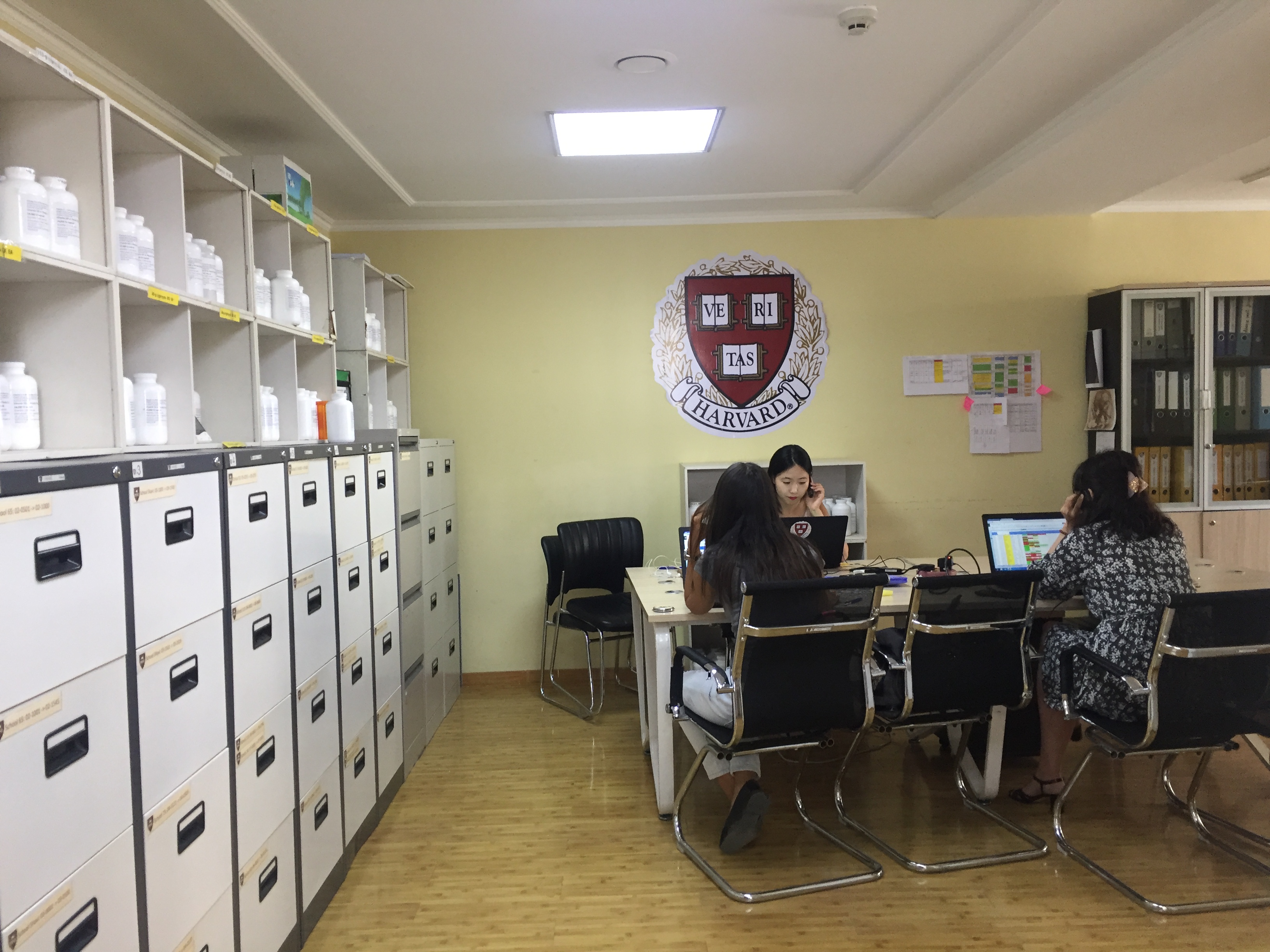
After a full summer as a research intern for the Mongolian Health Initiative (MHI), my time in Mongolia has finally drawn to a close and I am back in New Orleans reflecting on the amazing lessons I learned this summer. Regarding my first learning objective of obtaining knowledge regarding breast cancer risk factors in rural and urban regions, I was able to gain a great deal of knowledge about vitamin D concentrations in rural and urban areas and its relationship with various prenatal risk factors which are, transitively, related to breast cancer risk factors. I had discussions with MHI employees about the various initiatives that MHI has helped establish in Mongolia, such as the Zero TB Initiative, which is a global initiative working against tuberculosis. This initiative is especially necessary in a country burdened by tuberculosis such as Mongolia. In speaking with MHI researchers about initiatives such as this, as well as the ongoing clinical TB trial in Mongolia, I was able to obtain knowledge regarding tuberculosis infection in school-aged children, particularly in high-risk nations, which was my second learning objective. I gained practical research skills in that I gained a thorough introduction to biostatistics and various research databases, as well as on methodology in finding relevant scientific literature. I also worked a great deal with data tables and data analyses, which was a realm of research that I had never been as very familiar with. In working with my supervisor, I was able to learn about the methodology and protocol for a number of clinical trials that MHI is currently working on, such as the TB clinical trial, as well as the vitamin D trial. During my time as an MHI intern, I was able to interact with women leaders in the STEM fields, many of whom are doing trailblazing research in Mongolia for and with Mongolian women. This not only gave me personal applications and insight into what it means to be a woman leader in the STEM fields, but also on what it means to be a working woman in general. There was a powerful sense of collaboration and camaraderie in the MHI workplace.
My internship experience at MHI will be an experience that I build off during the rest of my time at Tulane and beyond as I continue to explore and pursue medical and public health research. This experience has also grown my interest in and passion for cross cultural research, which is a field I feel that my background can greatly aid me in. I hope to continue to be able to advocate for and with women, particularly across cultures and in the health sector.
Having now completed my internship, I have found a great need to be equipped with a thorough understanding of biostatistics in the research field. I am thus currently enrolled in a biostatistics class and am excited to apply what I learn in future research endeavours. I would like to take on more public health research experiences, particularly cross cultural public health research. This experience, in its cross-cultural nature, taught me so much about communication, collaboration, and about what public health research means in both urban and rural areas and countries. Due to this overseas research experience, I have also gained a great interest in medical sociology, another class that I am currently involved in. Through it, I hope to learn more about health disparities, global health, and how medical/public health research can become a more equitable and accessible tool around the world.
To a student interested in an internship at the Mongolian Health Initiative or simply in public health or cross cultural research in general, I would emphasize how important it is to go into the experience with an open mind. Due to the variable nature of research, particularly in a culture that may have a different approach to research than one might be accustomed to, it is so important to remain flexible, teachable, and humble. I learned most in the moments when I lay down my pride and learned new ways with an open mind and good humor. Lastly, work well and work hard – be confident in what you do know and be open to learn about what you don’t know.
My philosophy of women being a necessary and powerful force in the STEM fields was definitely reinforced during my interactions with incredible women researchers at MHI. I have learned that so much about finding leadership is about being certain and proud of personal skills and talents while also always being open to learn and change and grow and collaborate. The women I met at MHI are all incredibly hardworking, intelligent, and humble – they have a clear sense of their identity in the workplace and in their respective fields.
Throughout this internship, I have become more comfortable with creative problem solving. I have found that in my experiences over this past summer, being an effective problem solver involves being able to work independently, confident in the knowledge and skills that I already own, while also being teachable and knowing when and in what areas to be able to ask for help. I have found that this work – both public health research in particular as well as women working together in general – is only truly effective when genuine trust and collaboration are present.
